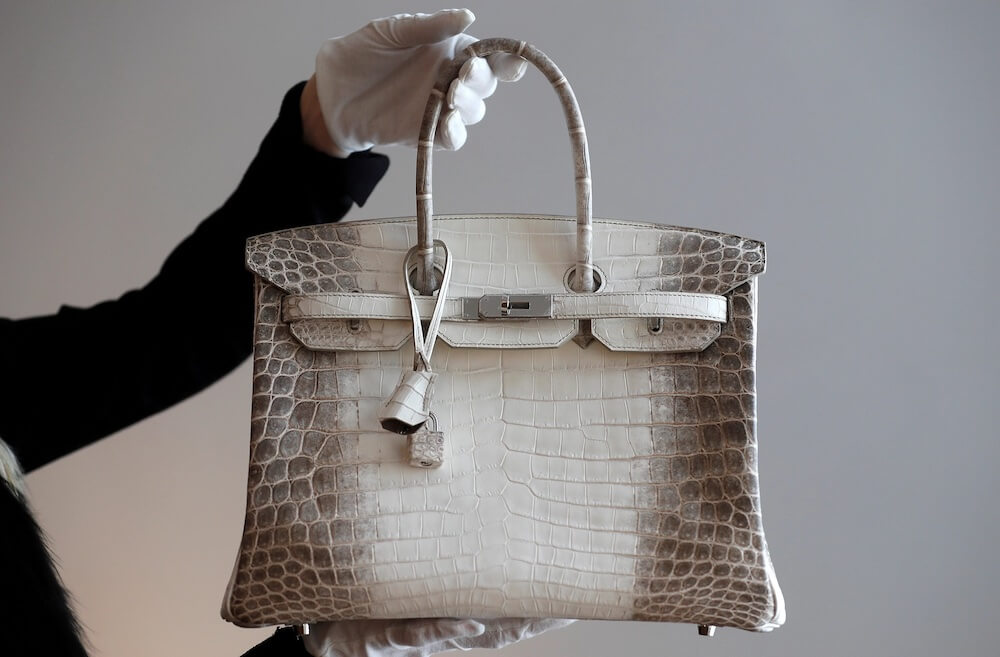The Hermès Birkin handbag is the stuff of legend. Named for actress Jane Birkin, each bag is hand-tooled in the finest leather or crocodile. The bags are highly sought out by the nouveau riche. Customers for new releases are placed on a waiting list and there is a brisk online resale market with some vintage bags priced in six figures. Hermès is known for vigorous defense of its trademark, but it was still somewhat of a surprise when the fashion house sued a little-known digital artist, Mason Rothschild, for trademark infringement for selling what he calls “MetaBirkins” as NFTs.
NFTs, or non-fungible tokens, are entries on blockchain ledgers to indicate ownership of the first digital file of an artwork. In 2021, Rothschild created a digital series of 100 MetaBirkins adorned in various multicolored faux-fur combinations priced at $450 each. The artist registered the “MetaBirkins” as a trademark. Hermès didn’t get the joke and sued Rothschild in New York federal court, charging him with infringement, trademark dilution and cyber-squatting (registering a mark that overlaps with a pre-existing one).
What made the case so important was that it was one of the first to determine whether NFTs are art protected by the First Amendment or whether they are simply commercial products subject to trademark law. Rothschild said that he was spoofing “consumerism.” He has a point—just how a well-heeled buyer of a Birkin would be confused by a fictitious “MetaBirkin” is hard to imagine.
Hermès’ complaint stated: “Although a digital image connected to an NFT may reflect some artistic creativity… the title of “artist” does not confer a license to use an equivalent to the famous Birkin trademark in a manner calculated to mislead consumers and undermine the ability of that mark to identify Hermès as the unique source of goods sold under the Birkin mark.”
In the February trial, the jury found Rothschild liable for trademark infringement and dilution, awarding Hermès $110,000 plus an additional $23,000 for cyber-squatting. More importantly, the jury concluded that NFTs are not art, and therefore do not have First Amendment protection. Rothschild’s lawyers had argued emphatically that NFTs should be considered art.
In March, 2021, this column covered the spectacular sale by Beeple, a well-established digital artist, of his NFT Everydays: The First 5,000 Days for $69 million in cryptocurrency at Christie’s. In that column I concluded that NFTs are not art—they are entries on the blockchain ledgers—even though the underlying digital file can be considered art. NFTs convey no intellectual property rights to the buyer such as copyright or trademark. In addition, as we have seen in the Hermès case, NFTS may expose the digital artist to trademark infringement.
The buyer of The First 5,000 Days was a crypto “whale” who goes by the name of Metakovan—a promoter of Ethereum who went on to sell fractional shares in the Beeple NFT to buyers who paid in that currency. The Beeple sale turbocharged NFT sales of such mundane items as NFT photos of Kate Moss sleeping, which went for six figures each. NFTs had the misfortune of being tethered to crypto, so in the wake of last year’s crypto crash the volume of NFT sales declined 97% according to The New York Times.
The judge in the Hermès case excluded from evidence an expert report prepared by Times art critic Blake Gopnik that compared Rothschild’s works to the works of Andy Warhol incorporating commercial imagery, such as paintings of Campbell’s soup cans. Gopnik wrote an op-ed in the Times, he called Rothschild’s artwork a campy riff on Birkin bags; he concluded that, as a parody, the works should be protected by the First Amendment’s free speech clause. While Gopnik is correct about Warhol (whose work pre-dated the NFT era), he completely ignored the issue of whether an NFT is art. Gopnik’s expert opinion might not have mattered to the jury anyway.
The jury made a decision that NFTs are commercial products and thus subject to trademark infringement. Rothschild says he will appeal the verdict. The appellate ruling will be closely watched. The trial verdict has dealt a major blow to the already battered NFT market.
